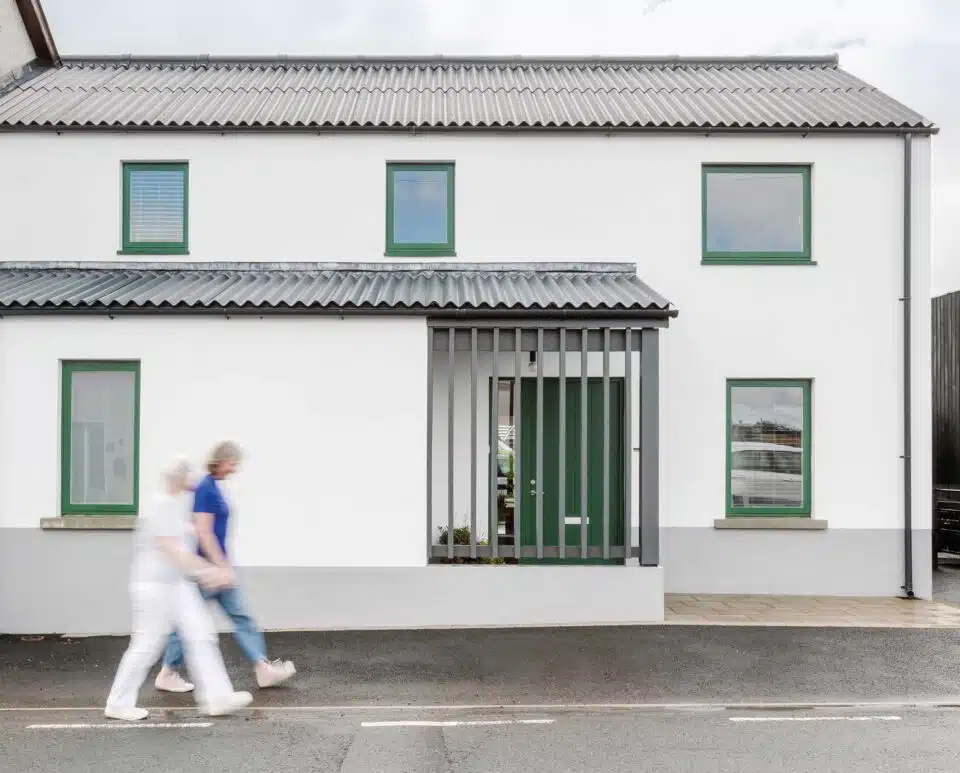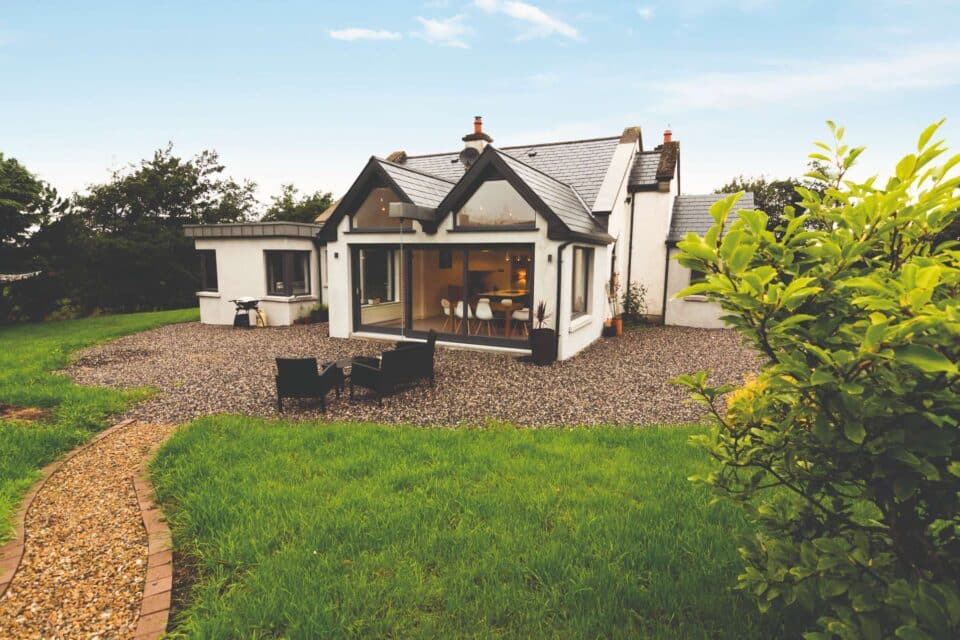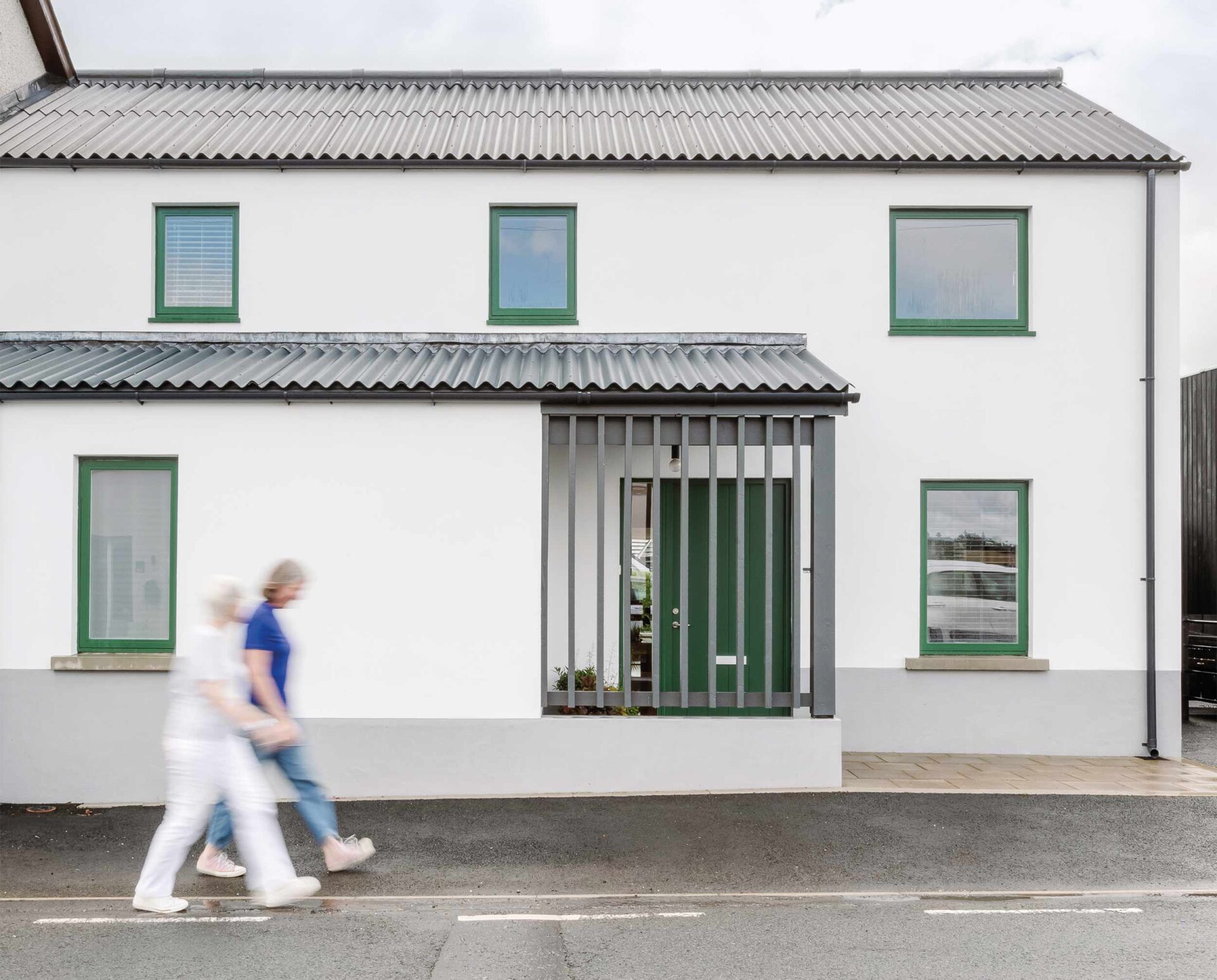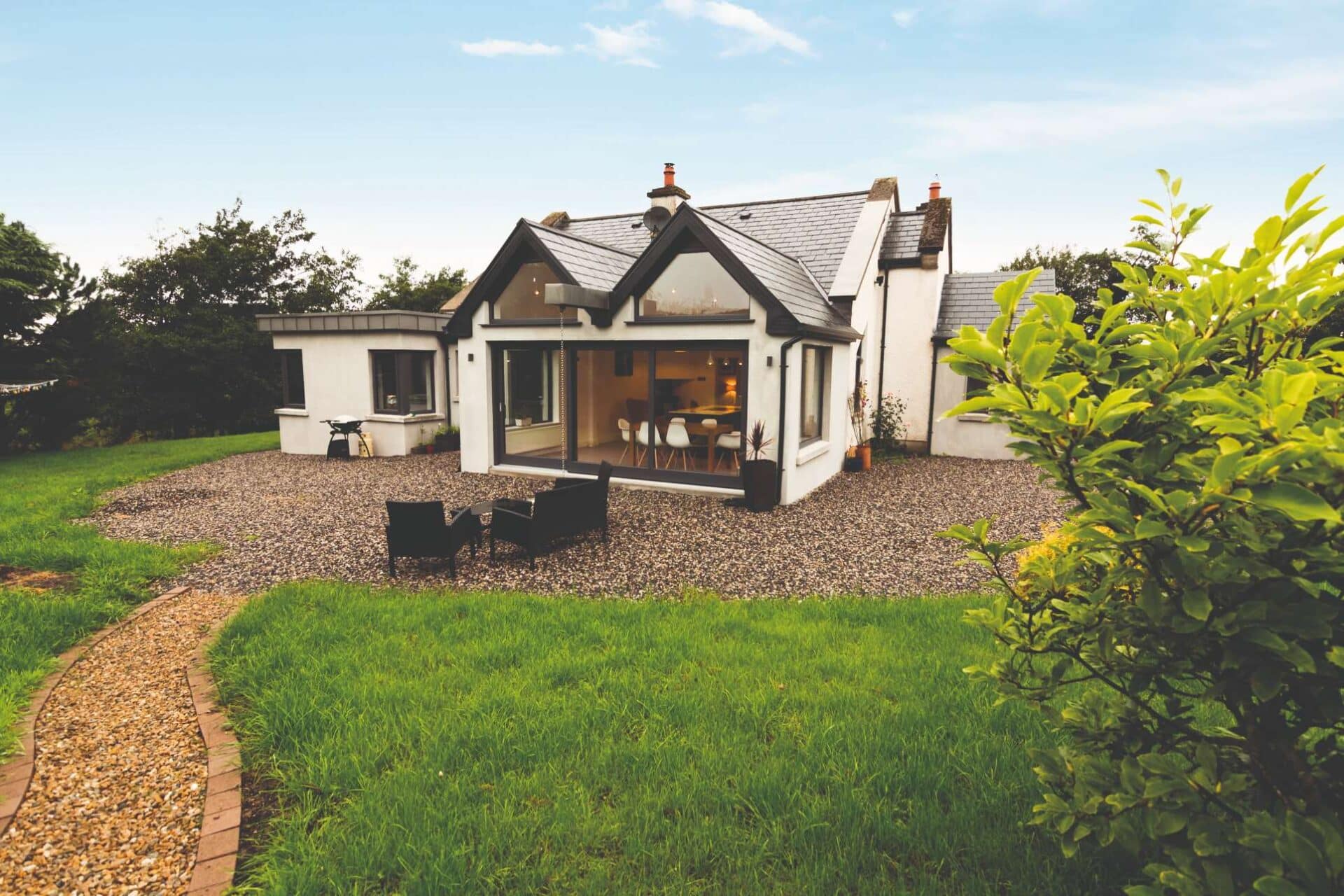In this article we cover:
- What the new grant is
- How to apply for the grant
- How much you can get
- Who qualifies
Own anything like this?
Then you can qualify for a new pilot scheme launched by the ROI government today (June 14, 2023). The scheme provides grants for expert conservation advice to owners of vacant farmhouses in private ownership who are availing of and/or considering the Vacant Property Refurbishment Grant.
The Conservation Advice Grant Scheme for Vacant Traditional Farmhouses will provide grants of up to €7,500 (excluding VAT) to cover the cost of having a conservation expert with proven and appropriate expertise visit a property, conduct a survey, and compile tailored conservation advice for the property owner.
This expert advice will include a report which outlines the condition of a building and suggests conservation repairs and improvements which would improve the building and enhance its character, energy efficiency, integrity, and amenity.
The aim of the scheme is to help owners of traditionally constructed buildings to understand the heritage value and potential of these structures and to prompt them to consider investments which could enhance that value.
All applicants must be willing to complete a short questionnaire to assist with the evaluation of the scheme and provide a selection of before and after photographs.
Note: Not all conservation professionals will have energy modelling skills so engagement of additional conservation expertise may form part of the report recommendations. The grant does not cover costs associated with the design and specification of new build additions.

Who qualifies?
You can only get the grant for traditional (also known as ‘vernacular’) farmhouses that are a key part of our rural landscape and shared heritage.
Sometimes described as ‘cottages’, these buildings were usually built using traditional techniques and locally available materials such as thatch, stone, slate, earth, wattle, and timber. Later on, corrugated iron, despite its imported, industrial origin, was also used.
The new scheme will provide access to expert assistance for vernacular farmhouse owners considering availing of the Vacant Property Refurbishment Grant, which provides funding under the Croí Cónaithe (Towns) Fund for the refurbishment of vacant and derelict homes in both rural and urban areas or properties that have previously not been in residential use.

In July 2022 the Vacant Property Refurbishment Grant was launched to support bringing vacant and derelict properties back into use.
From 1 May 2023, a grant of up to a maximum of €50,000 is available for the refurbishment of vacant properties for occupation as a principal private residence and for properties which will be made available for rent, including the conversion of a property which has not been used as residential heretofore.
Where the refurbishment costs are expected to exceed the standard grant of up to €50,000, a maximum top-up grant amount of up to €20,000 is available where the property is confirmed by the applicant to be derelict or where the property is already on the local authority’s Derelict Sites Register, bringing the total grant available for a derelict property up to a maximum of €70,000.
Properties must be vacant for two years or more and built up to and including 2007.
The grant can be used in conjunction with the Sustainable Energy Authority of Ireland (SEAI) grants to help improve the energy efficiency of a home.
Who qualifies as a conservation professional?
Suitably experienced and accredited conservation professionals, according to the Department are:
If you choose someone who does not have conservation accreditation you will need to clearly outline the relevant conservation qualifications and demonstrated conservation experience of the chosen professional. The proven experience of the chosen conservation professional makes up part of the assessment process.
The assigned conservation professional as listed above should be able to act as an assigned certifier in relation to Building Control. (1) Architects on register pursuant to Part 3 (Registration of Architects) of the Building Control Act 2007 or (2) Building Surveyors on register pursuant to Part 5(Registration of Quantity Surveyors) of the Building Control Act 2007 or (3) Chartered Engineers on register pursuant to Section 7 of the Institution of Civil Engineers of Ireland (Charter Amendment) Act 1969.
The regulations specifically require the Assigned Certifier to be competent to inspect and certify the works.
How to apply
You must complete the application form to [email protected] using the subject line Vacant Traditional Farmhouse Conservation Advice Grant Scheme. It must be accompanied with at least five high resolution, clearly labelled (with brief description) photographs. Photographs should include exterior (front and rear), site/context; significant interior, out-buildings etc.
Buildings for inclusion in the scheme will be assessed and selected on the following equally weighted assessment criteria:
- Building significance
- Building typology
- Demonstrated experience of chosen Conservation Professional
Successful applicants will see the grant payment made directly to the conservation professional on receipt and approval of the required Conservation Advice Report and invoice. Building owners are not asked to make any upfront payments.
Full details through the Department of Housing, Local Government and Heritage website.





















